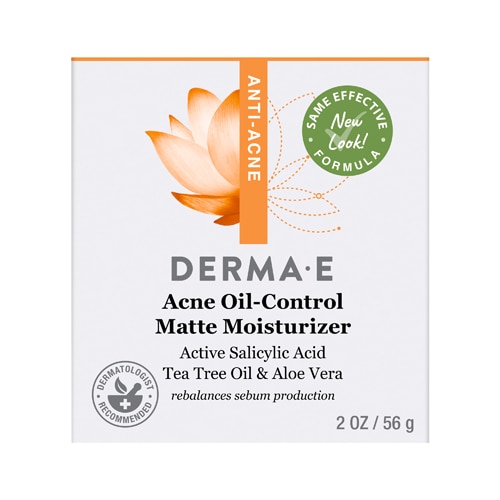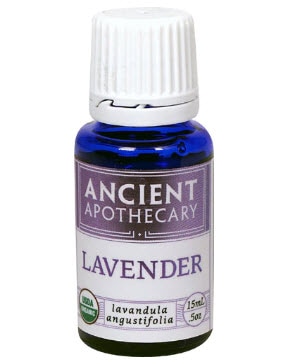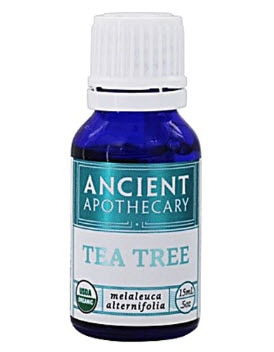Did you know that our largest organ is the one we look at on a daily basis — our skin!
The skincare products we use each day can improve the health and appearance of our skin, especially when they contain beneficial natural ingredients. On the other hand, many products can negatively impact the skin if they contain toxic ingredients.
Essential oils are a class of natural ingredients that have been used for thousands of years for their therapeutic abilities both internally and externally. These oils are extracted directly from the bark, flower, fruit, leaf, seed or root of a plant or tree. Whether you’re crafting your own skincare recipes at home or buying natural beauty products online or in store, these are some of the top essential oils you may want to consider.
3 Essential Oils Good for Skin Care
With its pleasant floral aroma, lavender essential oil is well-known for its use in stress relief, but did you it can be skin-boosting as well? Studies have shown that lavender essential oil can encourage the healing of wounds and burns. A research study published in 2016 compared the topical application of a control solution versus lavender oil on wounds. After two weeks, the researchers found that wound closure progressed more rapidly with topical application of lavender oil compared to the control substance. Another impressive outcome of this study — the lavender oil actually promoted the synthesis of collagen, the main structural protein found in skin.
Essential oil of lavender is great for combating the signs of aging, too. Free radical damage not only contributes to disease, but also to visible signs of aging like fine lines and wrinkles. Antioxidants are able to counter the negative effects of free radicals. Studies show that lavender essential oil has impressive antioxidant and anti-inflammatory properties, two very valuable qualities in a skincare ingredient.
 2. Frankincense Essential Oil
2. Frankincense Essential Oil
An oil often considered sacred, it’s not surprising to see frankincense included in beauty products for its potential skin boosting benefits. You may also want to consider using the pure essential oil mixed with a carrier oil as part of your natural skincare routine. Frankincense oil may help to improve skin tone while also reducing the appearance of stretch marks and scars.
A scientific review published in the Journal of Traditional and Complementary Medicine, highlights frankincense oil for its ability to reduce skin irritation and redness while helping to even out skin tone. In general, it’s an essential known for reducing all kinds of inflammation. What makes frankincense oil so effective? Some studies suggest that it’s the pentacyclic triterpene (steroid-like) structure of its various active compounds. It’s no wonder that this powerful oil is often used as a natural remedy for blemishes and bruises.
Have a skin issue that has bacteria and inflammation at its root such as acne? A fungal problem such as athlete’s foot? Tea tree essential oil is a smart choice for all of the skin issues above!
Research demonstrates tea tree oil’s antifungal properties against various fungi including Candida albicans, Staphylococcus aureus and Escherichia coli. This is why tea tree is a top essential oil choice for things like athlete’s foot, jock itch, and toenail fungus. Using the oil topically may help to fight off or prevent these common fungal health concerns.
A 2017 pilot study looked at how effective as well as tolerable tea tree oil products were for the treatment of mild to moderate facial acne. After 12 weeks, the study concluded that “the use of the tea tree oil products significantly improved mild to moderate acne and that the products were well tolerated.”
How to Use Essential Oils On Skin
Depending on your scent preference, frankincense oil or lavender oil can be combined with a carrier oil or unscented lotion and used on the face and body. You can try out a homemade moisturizer recipe like my Lavender & Coconut Oil Moisturizer for Dry Skin or my Homemade Frankincense and Myrrh Lotion. A few drops of tea tree oil can be added to your daily face or body wash to up its natural antibacterial ability.
Look for essential oils that are 100 percent pure, organic and therapeutic grade. Pure essential oils are extremely potent and skin sensitivity is possible. It’s always a good idea to do a small skin patch test first on your arm or leg to make sure you don’t have a negative reaction before using larger amounts or applying it to your face, chest or neck.
To reduce the risk of irritation, dilute essential oils with a carrier oil such as jojoba oil or coconut oil before applying them to your body. If you have sensitive skin, be especially careful using essential oils in your skincare products. Discontinue use if redness or irritation occurs.
Consult your physician before using essential oils, especially if pregnant, nursing, taking medication or if you have a medical condition. Avoid eyes, mucous membranes and sensitive skin. Keep out of reach of children.






